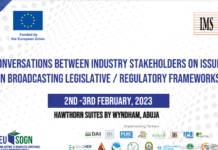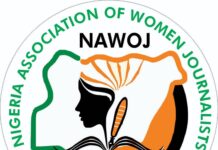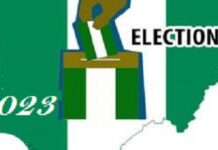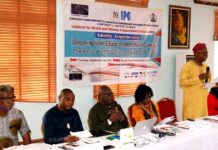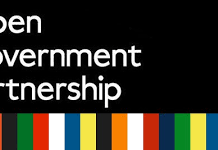Introduction
It has now become a trend internationally that the broadcast medium be operated at three (3) distinct tiers namely:
Public/State Broadcasting
Private/Commercial Broadcasting
Community Broadcasting
Community Radio is defined as Radio by a community, for a community, representative of the community and promoting social agenda of the community.
For the purpose of Community Radio, a community is defined as a group of people of the same interests, sharing same values and aspirations with cultural affinity or living together in a particular geographical location.
Community Radio Broadcasting has the advantage of encouraging radio plurality and provide a much needed channel for feedback in the communication process.
Best practices from various parts of the world in which community radio have been encouraged, provide reasonable level of containment of anticipated abuse of power of community radio.
Inorder for Nigeria to be able to enjoy the benefits and derive the development advantages that accrue from the operation of community radio, we the participants at the seminar on “Building Commuinty Radio Broadcasting in Nigeria”, held between May 26 and 28, 2004 at the Dannic Hotel, Enugu, organized by Panos Institute West Africa (PIWA), World Association of Community Radio Broadcasters (AMARC-AFRICA) and Institute for Media and Society (IMS), resolve as follows:
1. POLITICAL, RELIGIOUS AND ETHNIC CHALLENGES OF COMMUNITY RADIO
-the community based organizations (CBO) should be non-partisan;
-the CBO operating community radio should be broad-based reflecting the various interests of the community;
-community radio should not be used for propagating political conflicts, ethnic rivalry and religious bigotry;
-community radio should be used to promote cultural values of the community;
-all segments of the community irrespective of religious, gender, ethnic affiliation, social, political and other affiliations should have unrestricted access to the community radio;
-linguistic plurality of the community radio should be respected and accommodated in the programming of community radio;
-realizing that ethnic rivalry always arise from baseless mutual suspicion between ethnic groups, community radio should be used to promote mutual understanding, thereby as an instrument of peace building to foster communal unity.
2. OWNERSHIP AND EDITORIAL INDEPENDENT
-the ownership structure of a community radio is based on Board of Trustees, an executive Management Committee and an Editorial Board. The constitution of each tier of he structure should reflect participatory ownership.
-to foster a sense of communal ownership, as many members of the community as possible should be encouraged to contribute towards the actualization of a community radio, this will help reduce the tendency of undue influence of major donors and guarantee security and safe-keeping of the equipments
-the constitutions of the Editorial Board should reflect the various groups in the community.
3. SUSTAINABILTY AND TRAINING
-in order to ensure sustainability, diversity in the in-come stream of the community radio, this may include donations, levies, voluntary contributions, lunching, endowments and advertisements. In certain communities, royalties may also constitute an important income stream.
-network between various community radio stations should be encouraged, so as to promote the use of standard and common broadcast equipments, as well as encourage programme exchange in order to reduce operational cost.
-community radio should have access to public funds, because they are performing a public service functions.
-community radio should not be over-ambitious in determining the number of broadcast hours per day. This should be kept strictly within the available resources to the community radio.
-community broadcasters should take advantage of offerings of international donor agencies. Therefore, they should have a clear understanding of the funding requirements of various donor agencies.
– community radio should take advantage of the vast expertise that reside in the local non-governmental organizations. This will aid the production of high quality programmes at a low cost.
-to promote transparency and accountability, there should be regular meetings within and between the various strata of ownership structure of the community radio.
-community radio is a new concept in Nigeria, for this reason, there is the need to sensitize the community in order to carry them along in the process of actualizing the community radio project.
-broadcasting is highly specialized, hence, the need for training and retraining of volunteers in the various broadcast process. The training will be at technical/production, journalistic and managerial levels. These can be realize as:
on the job training;
in house training; and
formal training in relevant tertiary institutions of learning.
MEMBERS OF THE COMMUNIQUE DRAFTING COMMITTEE
1. Engineer Tunde Adegbola Facilitator
2. Miriam Menkiti
3. Becky Orji
4. Nkechi Chuwudolue
5. Rakiya Ilyasu (Mrs.) Secretary


